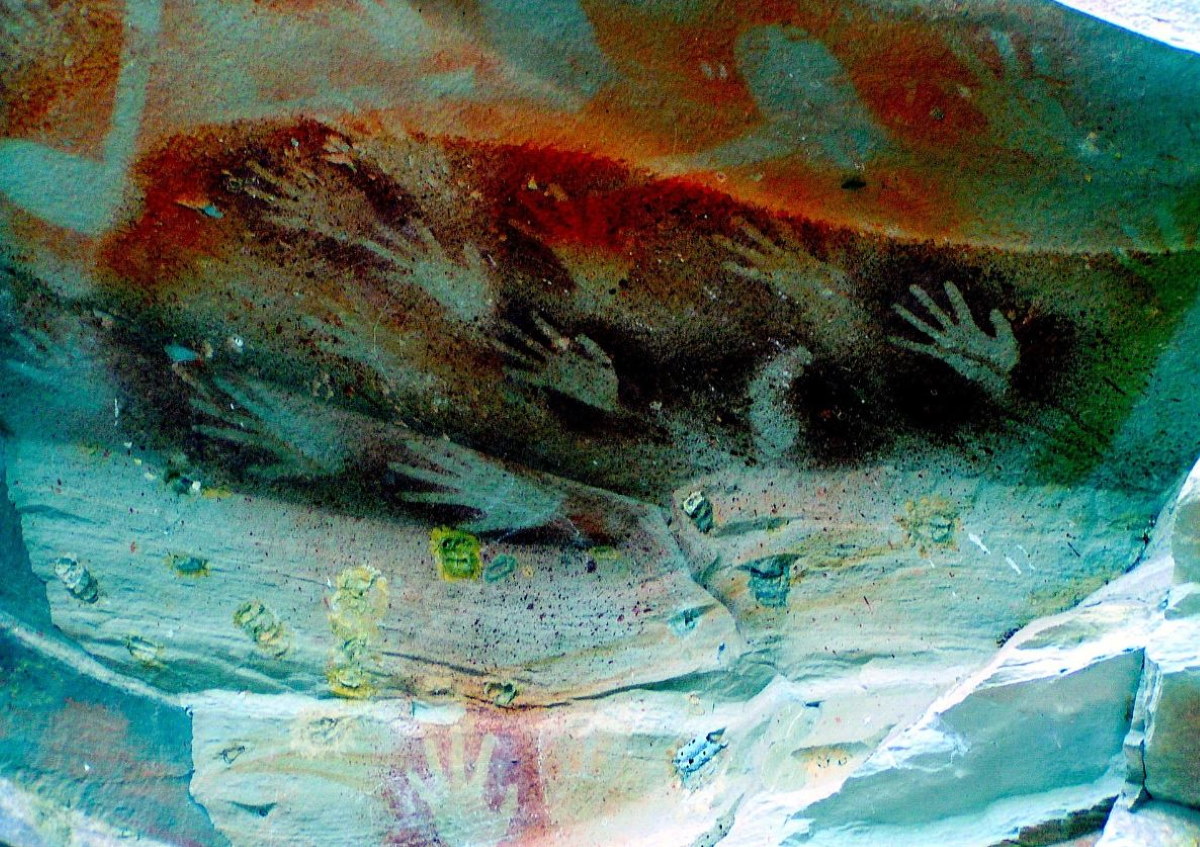
Along with travel restrictions and other measures, Flinders University Indigenous academics are reinforcing calls for vulnerable populations to protect themselves.
Remote communities, in particular elders or people with chronic medical conditions, are being urged to follow the Health Department directives on physical distancing, getting an annual flu injection, staying away from large crowds or cities, and contacting health professionals with concerns, to avoid getting sick.
NT-based Dr Maree Meredith, Deputy Director of the Flinders University Poche Centre for Indigenous Health South Australia and the Northern Territory, says the need to protect vulnerable Aboriginal and Torres Strait Islander populations is paramount.
“The borders are closed but how can we ensure that essential services such as food is available? This is a big problem,” she says.
“Examples in the NT show that mobile populations go into Alice Springs because the food is cheaper.”
Last week Mr Ken Wyatt, Federal Minister for Indigenous Australians, said the Australian Government is working with State and Territory officials to provide reliable supplies of groceries, pharmaceuticals and other goods to remote communities and areas during the pandemic.
“Travelling to other towns and cities could increase the chance of you and your family getting sick and so we are encouraging people to remain in their community,” Mr Wyatt said.
Dr Meredith says keeping up essential services to communities will also be a challenge, even though Aboriginal communities are used to working with restrictions and regulations in order to adhere to the quarantining recommendations.
“At the same time social distancing is hard for Aboriginal people whose social organisation is reliant on the kin/family,” she says.
“This will need to be included in public health and health promotion messages.”
Meanwhile the Australian Rural Health Education Network (ARHEN) has supported calls from the Rural Health Commissioner, Flinders University Emeritus Professor Paul Worley, about how COVID-19 will impact rural and remote communities across Australia.
ARHEN board chair, University of Melbourne Professor Lisa Bourke, says rural and remote communities require “strong ongoing health infrastructure investment, resourcing and empowerment so they can develop local solutions to address their needs”.
“These communities already suffer from a workforce shortage and lack of resources in health clinics, with the need during the COVID-19 crisis to screen, isolate and test patients adding considerably to stresses for these health professionals,” she says.
“Students have much to learn about health care at this time and continuing clinical training during the pandemic adds considerably to their education and contributes to the rural and remote health workforce,” Professor Bourke says.
“Wherever it is safe to do so in accordance with government guidelines and students choose to participate, ARHEN strongly supports continued student education and learning at this time,” Professor Bourke says, adding improvements in telehealth, collaboration between services and information sharing is helping the current situation.
In the Rural and Remote Health editorial, Professor Worley calls for widespread reforms across rural and remote health, also drawing attention to the value of First Nation perspectives of health which focus on
prevention, spirituality, place and holistic approaches.
He calls for a generalist approach to healthcare in rural and remote regions which would integrate care across sectors, professions, places and other aspects of care, including teaching and research.
The article, ‘Why we need better rural and remote health, now more than ever’ (March 2020) by P Worley was published in Rural and Remote Health 2020; 20: 5976. DOI: 10.22605/RRH5976
Professor Worley is editor in chief of Rural and Remote Health, with the views expressed in the article those of the author not to be taken to represent the views of either the Australian Government or the Australian Department of Health.

